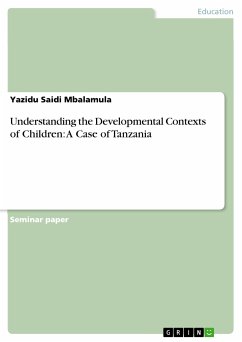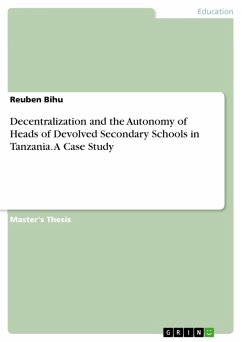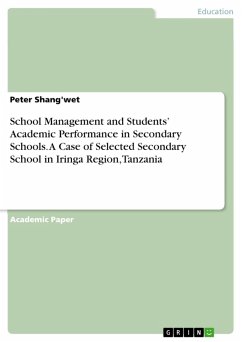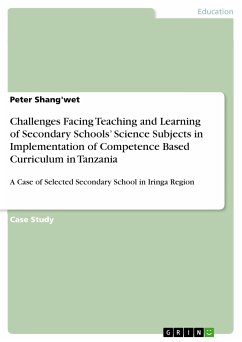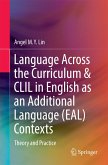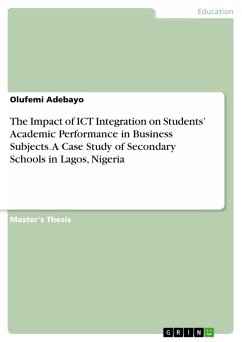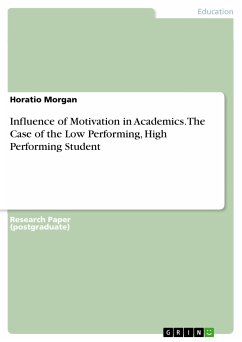Seminar paper from the year 2014 in the subject Pedagogy - Pedagogic Psychology, grade: 9.0, University of Dodoma (Collge of Education), course: Developmental Psychology, language: English, abstract: The term Context refers to connection, coherence in discourse, also, interrelated conditions in which something exist or occurs (Winegar and Valsiner, 1992). According to relational meta-model as propounded by Damon and Lerner (2008) human development can be understood by analysis of integral individual-context as he or she cohabit in respective level multiplicity of operating factors including family, school, traditions, media and legal system. Similarly, in the Tanzanian Constitution and the United Nations Convention for rights of children as dictated in Child Development Policy in Tanzania (URT, 1996) "a child" is a person below eighteen years old and his/her development is a function of physical, intellectual, moral and spiritual growth (URT, 1996). The child development policy also shows that children make an important segment of the Tanzanian society constituting about 46% of the approximately 46 million population. Studies show that in order for a child to grow well, she/he needs to be cared for, given guidance, and brought up in accordance to norms of the community. Therefore, the gross conceptualization of children in any given time and space can best be understood by accounting respective contextual factors as will be discussed there-after in this paper. The discussion will provide a descriptive understanding of important issues for assuring and guaranteeing the well being of a child development.
Dieser Download kann aus rechtlichen Gründen nur mit Rechnungsadresse in A, B, BG, CY, CZ, D, DK, EW, E, FIN, F, GR, HR, H, IRL, I, LT, L, LR, M, NL, PL, P, R, S, SLO, SK ausgeliefert werden.
Hinweis: Dieser Artikel kann nur an eine deutsche Lieferadresse ausgeliefert werden.

